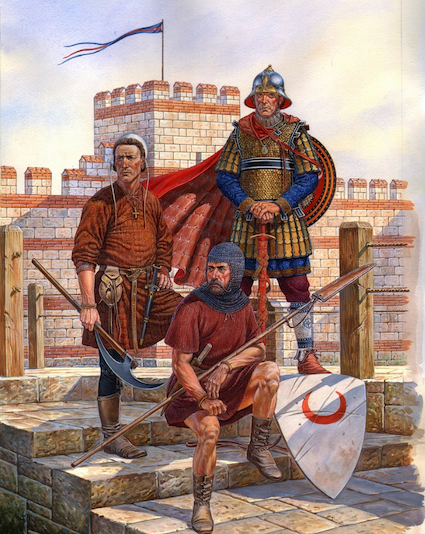The Byzantine Generals’ Problem is an age-old game theory problem, where several Generals of the Byzantine army are preparing to attack an enemy city from all sides. They have surrounded the city, but they must collectively decide when to attack so the generals in charge of each regiment must coordinate together to attack on same time to overcome the defense from the enemy. If all generals attack at the same time they win, but if they attack at different times or one faulty general chooses not to fight, they lose. Each regiment has a messenger who is used as a communicator, but there is no way of knowing whether the messenger is a traitor or the message itself is intercepted by the enemy.
Categories
Byzantine Generals’ Problem


